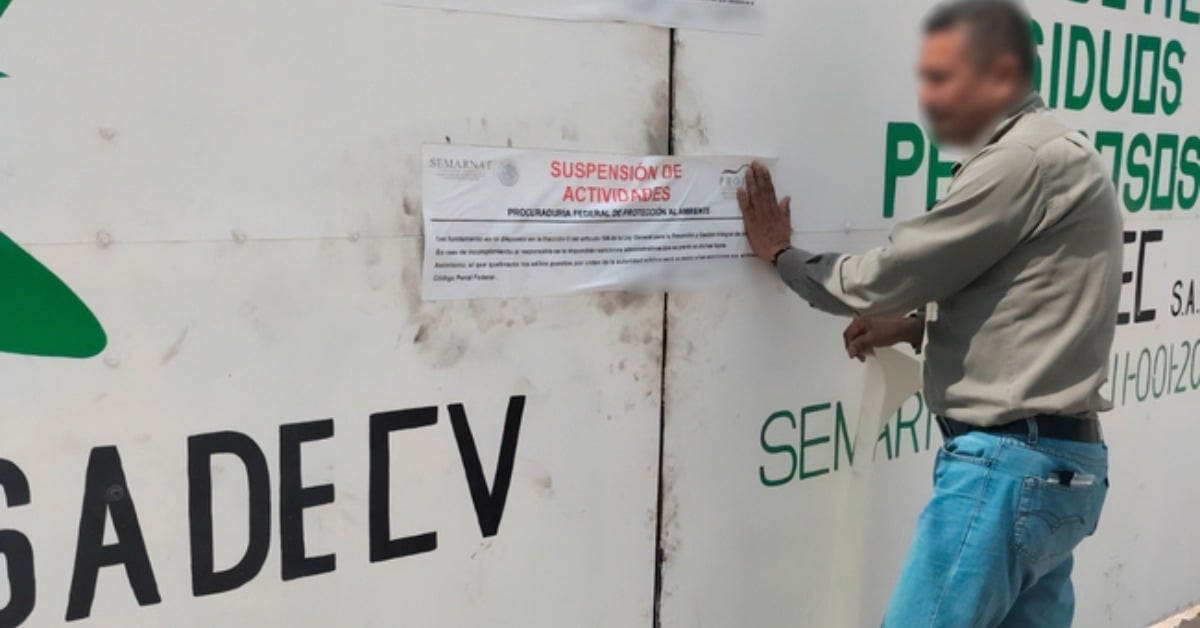Profepa suspends hazardous waste collection center in BCS, closing Diseltec over poor handling, storage lapses, and missing paperwork . . .

Profepa suspends hazardous waste collection center in BCS, closing Diseltec over poor handling, storage lapses, and missing paperwork . . .
